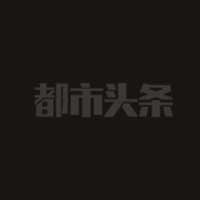
第七十六章
人之生也柔弱,其死也坚强;草木之生也柔脆,其死也枯槁。故坚强者死之徒,柔弱者生之徒。是以兵强则灭,木强则折。强大处下,柔弱处上。
Chapter 76
A man's body is soft and weak, but becomes stiff and hardened after death, and it's the same with plants. So stiffness belongs to the dead, and softness the living. A strong army tends to perish, and a stiff tree tends to break. Hence, the stronger side may be in a disadvantage, conversely, the weaker side may be in an advantage.
第七十七章
天之道,其犹张弓与?高者抑下,下者举之,有余者损之,不足者补之。天之道,损有余而补不足。人之道,则不然,损不足以奉有余。孰能有余以奉天下,唯有道者。是以圣人为而不恃,功成而不处,其不欲见贤。
Chapter 77
Isn't the law of nature like a bow? Lower it when it's too high, lift it when it’s too low, relax it when it’s too tense, pull further when it’s too loose. The law of nature is to reduce the excess and subsidize the needy. The law made by men, on the contrary, is to reduce that from the needy, and supplement that to the excess. Who could use the excess to subsidize the people? Only those who practice the Tao. Hence only the sages are able to implement without owning, and to accomplish without taking credit, and never show off their capacities.
第七十八章
天下莫柔弱于水,而攻坚强者莫之能胜,以其无以易之。弱之胜强,柔之胜刚,天下莫不知,莫能行。是以圣人云:受国之垢,是谓社稷主;受国不祥,是为天下王。正言若反。
Chapter 78
Nothing in the world is weaker than water, which nonetheless is able to conquer the hardest objects, and is never replaceable. The weak can beat the strong, the soft can beat the hard, and that is well known to everyone, yet no one would comply. Hence a sage would say: In order to become a ruler, one has to be able to take the shame and shoulder the responsibility in disasters. This can also be understood in reverse way.
